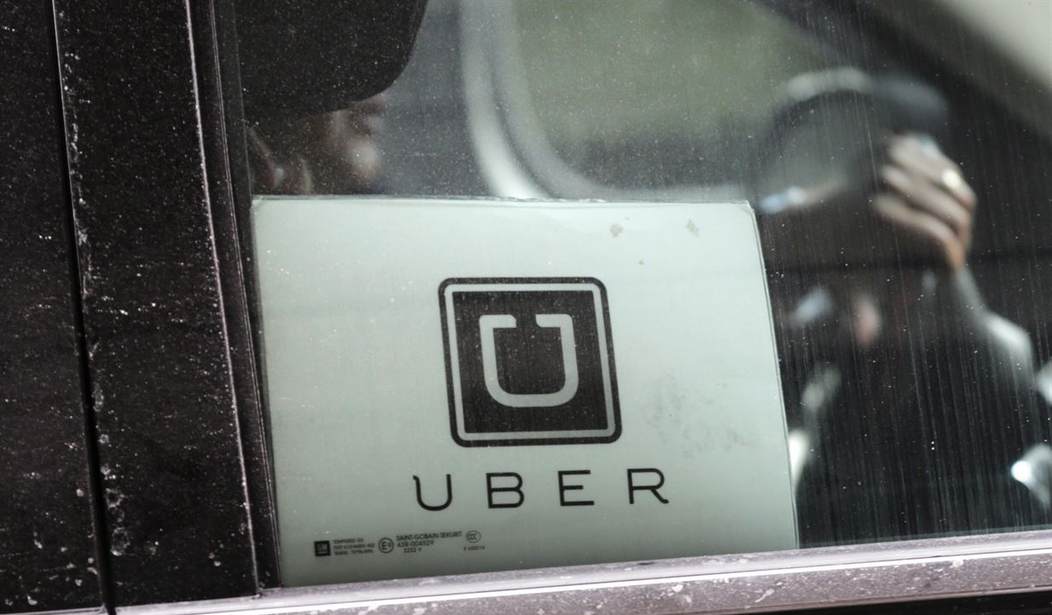When California passed its controversial AB5 bill into law, it looked as if that might have put the final nail in the coffin for Uber, Lyft and other gig-economy companies. AB5 would have forced the companies to provide all of the benefits and pay that a standard company has to provide its workers, essentially destroying their business model. (Which was the intention of the unions who supported AB5 all along.) But in November of last year, voters went to the polls and passed Proposition 22, granting an exemption to the AB5 requirements to app-based, gig-economy businesses. Opponents of the proposition immediately went to court and sued to have the exemption struck down and on Friday they found a judge to agree with them. The judge claimed that the ballot initiative was unconstitutional. (Associated Press)
A judge Friday struck down a California ballot measure that exempted Uber and other app-based ride-hailing and delivery services from a state law requiring drivers to be classified as employees eligible for benefits and job protections.
Alameda County Superior Court Judge Frank Roesch ruled that Proposition 22 was unconstitutional.
Voters approved the measure in November after Uber, Lyft and other services spent $200 million in its favor, making it the most expensive ballot measure in state history.
Uber said it planned to appeal, setting up a fight that could likely end up in the California Supreme Court.
The judge apparently agreed with the plaintiffs that Prop 22 “improperly removed the state Legislature’s ability to grant workers the right to access to the state workers’ compensation program.” That was a strange angle for the SEIU to take. (The massive labor union was behind the drive to shoot down Prop 22.) Worker compensation programs are designed to benefit employees in traditional full-time jobs and some part-time positions.
In fact, California had already established a list of descriptions of various types of employment that qualify as standard “work.” These include factors such as the employer determining the working hours and locations where the work takes place and forbidding the employee from working for competitors. Uber and Lyft fail to meet those requirements on several points.
This ruling is already being appealed and it may very well wind up at the state supreme court. They declined to hear this case back in February because of procedural issues but left open the possibility of a challenge in the lower courts that would eventually bring it back to their doorstep. It sounds like that’s going to happen.
This case will likely be closely watched by other states where politicians (almost entirely Democrats) are trying to drive Uber and Lyft out of business as a favor to the taxi companies and the unions that represent them. If Prop 22 holds up on appeal, you should probably expect to see similar propositions showing up on the ballot in many more places. If it fails, however, ride-sharing options may all but disappear in multiple states.
Prop 22 passed with just shy of 60% of the vote last year. That’s not surprising since these ride-sharing services remain very popular and both Uber and Lyft said that they would pack up and move out of the state if AB5 was allowed to stand. And if they don’t leave entirely, they can do what they did in New York and severely limit the number of drivers who can log into the app at any given time and restrict access to the drivers that tend to work the longest hours each day. Either way, the quality of service for riders will plummet, all thanks to the state selling them out in favor of the unions yet again.









Join the conversation as a VIP Member